Nowy post What's wrong with my skin ?!
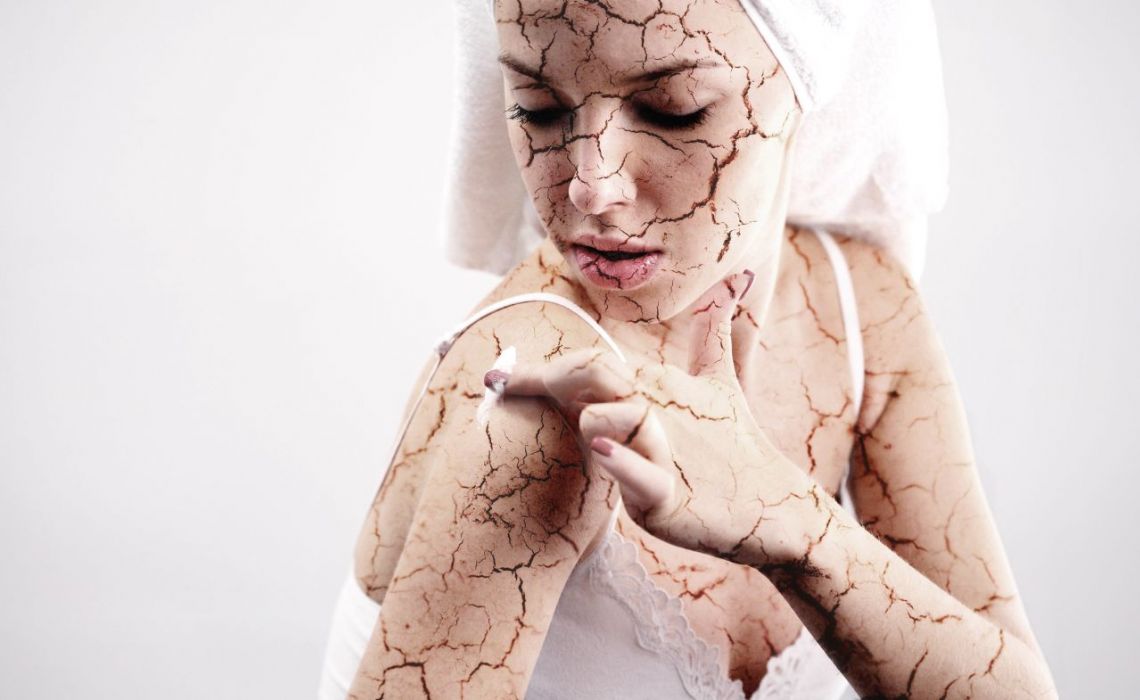
Has your skin started acting weird for some time?
Has she become overactive?
Cosmetics that have worked perfectly well so far have suddenly started to irritate or their effect has become far from ideal?
Your skin's hydro-lipid coat has probably been damaged.
First, let's consider how this could have happened. Unfortunately, the most common cause, although there may be many of them, is the use of too intensive, often even aggressive, care. Yes Yes. Your skin knows perfectly well that what is too much is unhealthy, and over-zealousness can be worse than anything else.
How can you damage the skin's hydro-lipid barrier?
Let's start with the basics, i.e. too intensive cleansing of the skin.
It would seem that the skin needs to be cleaned well.
It is true anyway, but… if you put too much effort into cleansing, you will get into trouble.
And this despite the fact that it was even better for a while.
And what does it mean to clean too aggressively? First, a strong feeling of "clean" is actually a sign that skin protective lipids have also been washed away with these fats that needed to be removed.
It can be done by strong gels, soaps, as well as agents containing methyl alcohol.
Another aspect is peels. We cannot deny that they are needed… as long as they are not done too often or too aggressively.
This is why you should avoid 2-in-1 products with an integrated peeling effect for daily cleansing. We should also avoid multi-stage peeling, unless we do it on behalf of a specialist.
What does multi-stage exfoliation mean?
The easiest way to describe it is in the form of an example.
So, imagine that you first wash your skin with a gel with flecks or even balls to be more delicate. Then you use a tonic with AHA and / or BHA acid.
Of course, you do not forget about peeling. You are using this effective and gentle enzyme peeling for your skin. Later you apply it to your skin, for example a serum with ascorbic acid.
Unfortunately, some forms of vitamin C can lead to peeling and reddening of the epidermis.
And this is a typical peeling effect. Going further with your routine, you apply another preparation on the skin. For example, a cream with glycolic acid, almond acid, etc ... Exfoliation at every stage.
This is an exaggerated example, but not impossible. And what's too much, it really doesn't work well for your skin.
What else contributes to the damage of the hydrolipid barrier?
Long-term skin exposure to weather conditions without any protection.
We are talking here both about protection against wind, frost, and solar radiation.
The situation is also not improved by rough handling of the skin of the face, i.e. by rubbing it frequently, for example strongly, with a towel.
What is this hydrolipid barrier?
I think it's time to tell, at least in a few words, about what is most important.
So what is it and why do we need this barrier so much.
It is also called the "protective mantle." And it is on the surface of our skin.
It consists of lipids (fats) produced by the sebaceous glands, as well as water supplied to the surface of the epidermis by the sweat glands.
Its task is to protect our body and the skin itself against harmful bacteria, free radicals, toxins, and other environmental factors.
Maintaining a strong hydrolipid barrier should therefore be a priority for anyone who wants to have healthy skin, free from irritation and imperfections.
How to rebuild it?
Start by changing your cleansing habits.
Reach for example for a make-up remover oil instead of a washing gel or soap.
https://www.shamasa.pl/en/products/koktail-do-demakijazu-z-ogorkiem-do-cery-mieszanej-i-tlustej
Use peels in moderation, i.e. not more than once or twice a week, if your skin really needs it. At INCI, look for ceramides that are a natural intercellular cement. You will find them in our Elixir for pretty skin :)
https://www.shamasa.pl/en/products/eliksir-ze-srebrem-i-ceramidami-30-ml
Also, look for natural unsaturated fatty acids, i.e. the famous EFA.
It's worth looking for squalane. It is a very light oil that perfectly regenerates the skin, is well absorbed and is suitable for all skin types. It acts as a soothing dressing for your skin.
https://www.shamasa.pl/en/plant-cosmetics/squalane-from-olives-30-ml
Shea butter also works well to restore the hydrolipid barrier.
https://www.shamasa.pl/en/plant-cosmetics/butter-shea-karite-not-rafiner
Just like hyaluronic acid.
https://www.shamasa.pl/en/products/hyaluronic-acid-lifting-3-procent-express
Remember, damaging a barrier is easier than rebuilding it, but fortunately it is not an impossible process.
While regenerating the skin's hydrolipid mantle


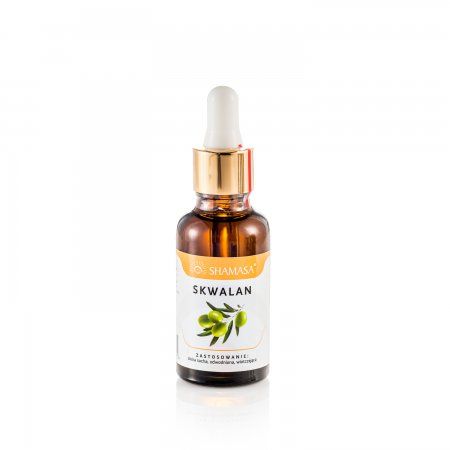
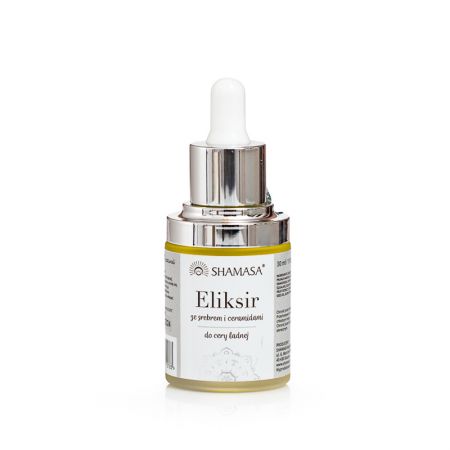
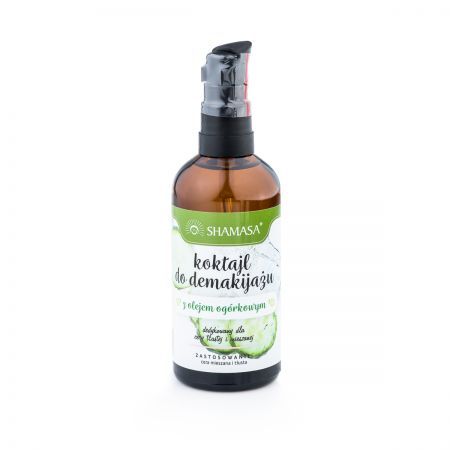
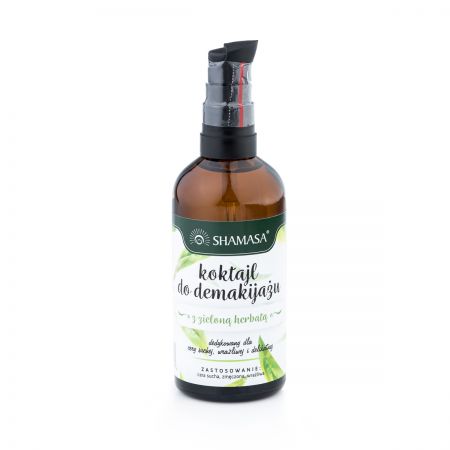



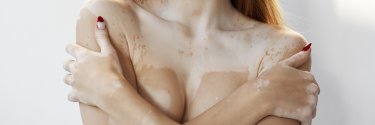
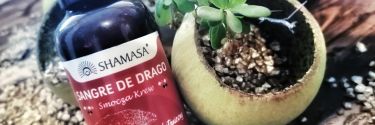

0 comment(s)